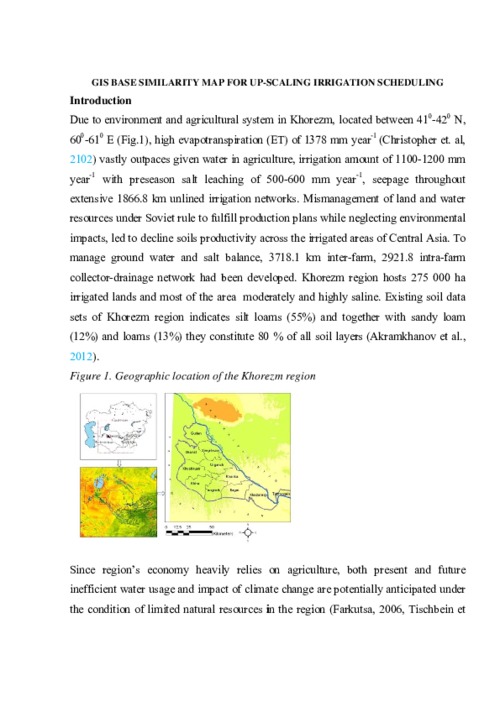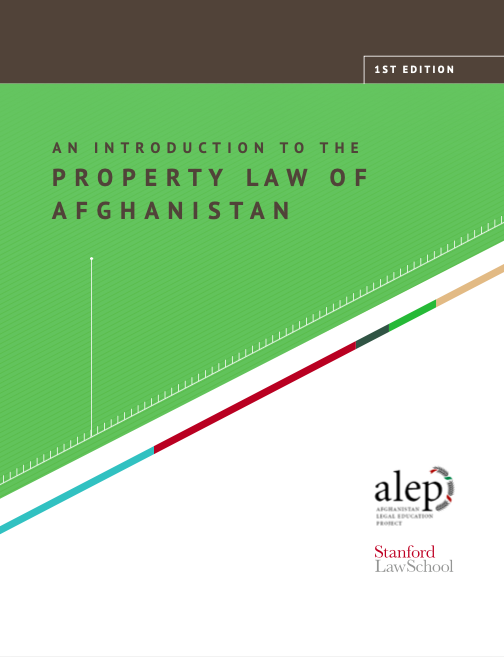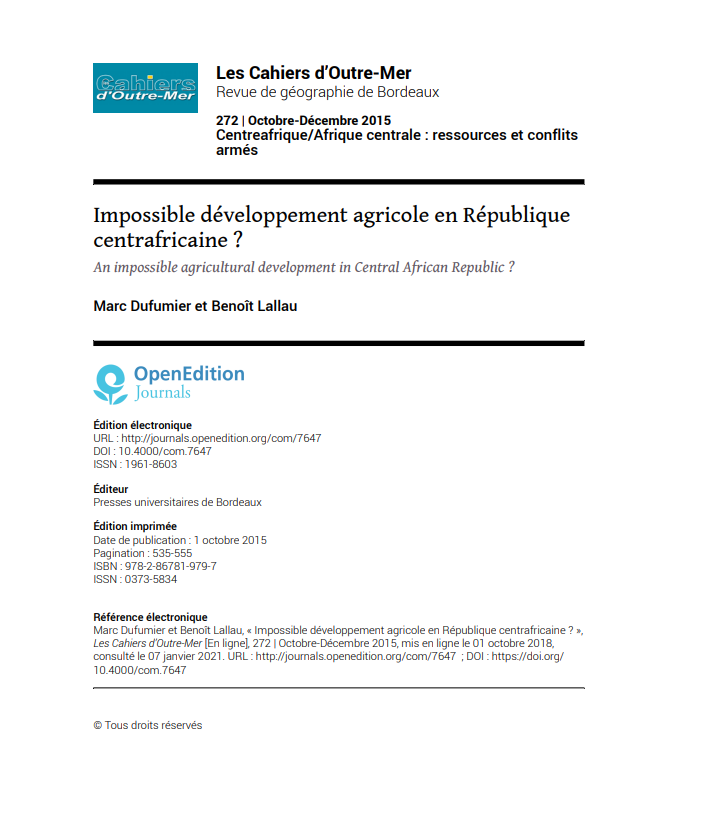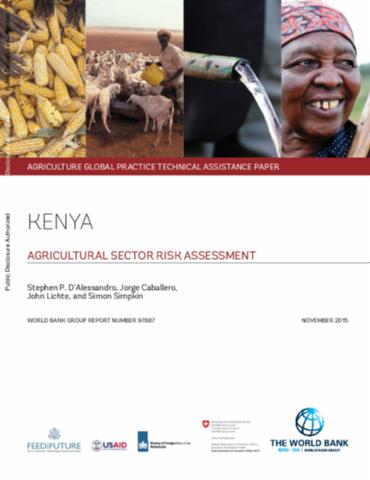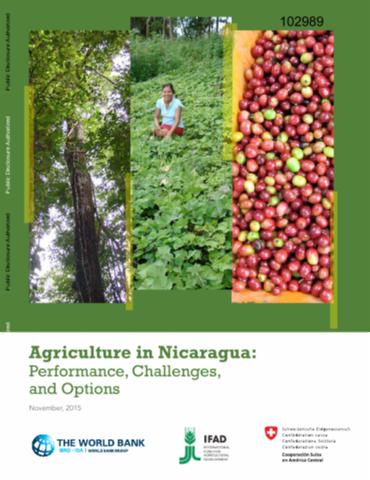The Future of Food 2015-2030
What is the future of food in South Africa? What might the food system look like in 2030, in terms of production, processing, distribution and consumption? Many people are asking similar questions and producing vision statements, policies and forecasts to enable anticipation and planning in a volatile system. They are all telling stories about the future – some optimistic, some dire. But these stories tend to be disconnected, narrated past each other to different audiences. The four scenarios contained in this document tell a more connected set of stories.


